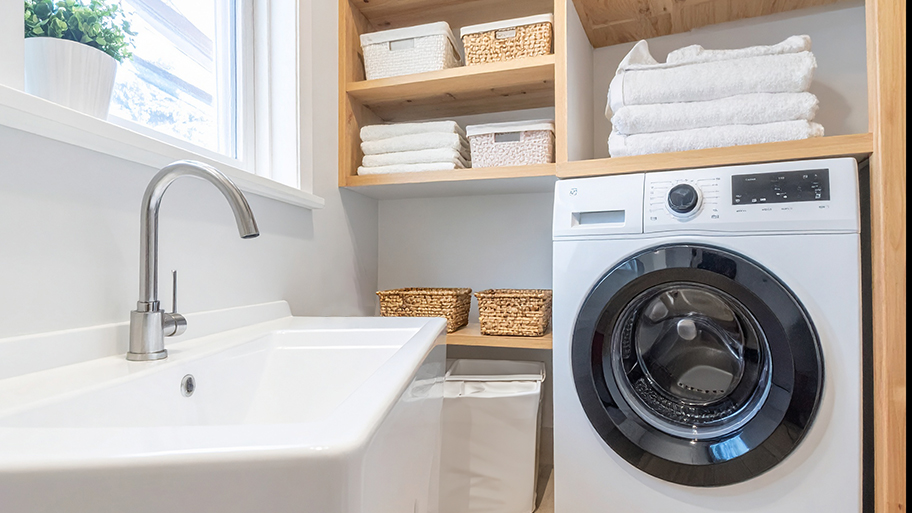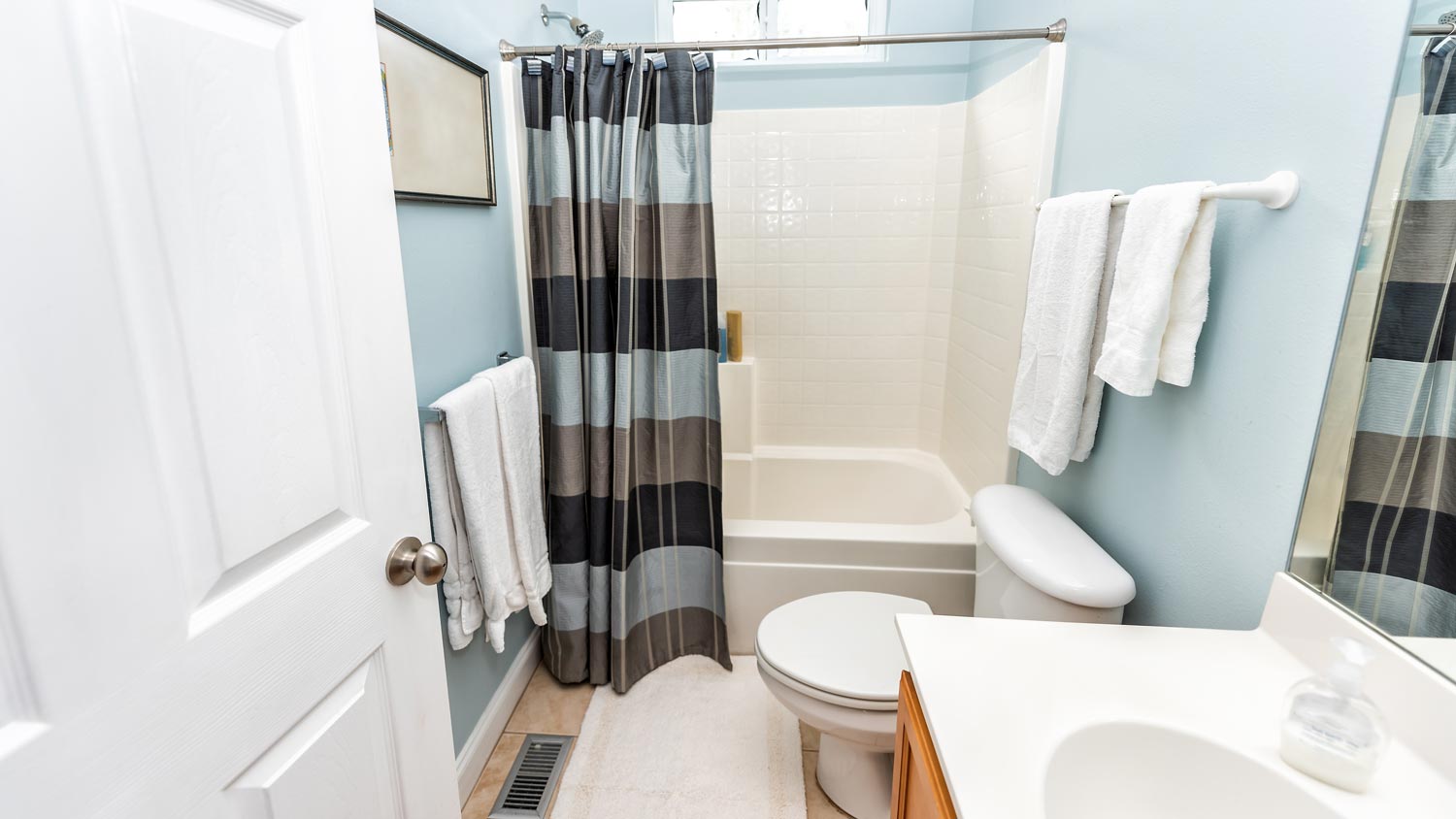
Making updates to your home? You may need to move your gas line to fuel new appliances or meet code regulations. We’ll cover the cost of moving a gas line, plus project tips.
Play detective and dig into your home’s history


The reasons for needing to learn your home’s build date vary, including tax purposes and renovation plans.
The most reliable way to find the year your home was built is to re-read your ownership paperwork.
Online research is fast, but you might have to compare sources to find the correct information.
Your house’s build date probably isn’t a detail you keep in the forefront of your mind, but it’s information you’ll need for remodeling or buying a home warranty. You might get lucky if you search your home’s address and stumble upon the construction date, but there are better methods to target accurate information. Here are five ways to find out when your house was built.
When renovating historic homes, your HOA or local government may have specific laws or requirements. A contractor with experience remodeling historic or specialty homes can help navigate local red tape.
The first step is pinpointing why you want to know your home’s build date. It’ll help you decide which way to investigate. For example, if you’re a history buff and think your historic home has secrets to share, you’ll search differently than if you need the date to list your home for sale. Here are other common reasons for learning about your home’s backstory:
Home purchase
Calculating appliance or home feature lifespans
Historic preservation purposes
Remodeling projects
Warranty issues
Title and deed transfers
If you’re wondering, “How old is my house?” Here are the best resources to find the information you need.
The quickest way to find the build date is to review the documents from your home purchase. Review the title search and deed history, title policy and insurance records, purchase appraisal, and home inspection report. They should all reference the date. Plus, you can compare the documents to ensure each has the accurate date documented.
Real estate advertising websites like Zillow or Realtor.com link directly to public records at the correct government agency. If the site doesn’t reveal the house’s build year, or you want to confirm with official agencies, follow the link to perform a more in-depth search.

If you’re preparing to buy or sell a house, you likely already have real estate professionals on standby. Take advantage of your local real estate agent, real estate attorney, or mortgage lender’s expertise and ask them to help you find the property’s age. It’s a common question, especially if you’re buying a home. Your agent can also check the local multiple listing service (MLS) for recorded dates.
If the home is a historical or old property, it could take more time to investigate the date because records weren’t always precise hundreds of years ago. But don’t give up hope: Your real estate agent can suggest which local government agencies to contact to extend your search.
It’s easy to search public property records online, often for free. Accurate searches depend on the property’s location, so research the right municipality. You can find information in the official county, parish, or online city portals.
If you aren't sure which outlet to search, try the Public Records Online Directory or the National Register of Historic Places for more clues. The searches vary by office, but you can typically find the following details in addition to the year the house was built.
Maps and pictures
Chain of ownership
Titles
Sales history
Deed type
Permit records
Tax history
Square footage changes
Property class
Acres
Architectural style
Basement type
Sometimes, online resources don’t reveal the necessary information, like your home’s records on microfilm or microfiche. You might need direct assistance from someone in the local tax, property, or recorder’s office. Don’t sweat the visit; there are perks from an in-person meeting, like walking away with printed maps and records. It’s also helpful to ask the clerks clarifying questions for answers you couldn’t find online.
Historians and librarians know how to locate a wealth of knowledge, including census data, planning records, and even historical photos. You might need to dig deep into these records if you’re researching a historical home for preservation purposes. A librarian can also point you to the local entities that process property information even if your home isn't old.
From average costs to expert advice, get all the answers you need to get your job done.

Making updates to your home? You may need to move your gas line to fuel new appliances or meet code regulations. We’ll cover the cost of moving a gas line, plus project tips.

The cost to add plumbing to a detached garage depends on several factors, including the type of plumbing and the garage's distance from your home.

This guide to toilet installation cost covers what you can expect to pay when adding a new toilet to an existing or new bathroom.

The water main line is essential to your home’s plumbing. Over time, it can develop wear or damage. Find out how much a main water line replacement costs here.

A shower that won’t stop running is frustrating but can also cost you money. Learn how to identify and fix the problem, as well as when to call a pro.

Dealing with gurgling from your toilet when you shower? You probably have an issue with your venting system. Learn how to diagnose and fix the problem.